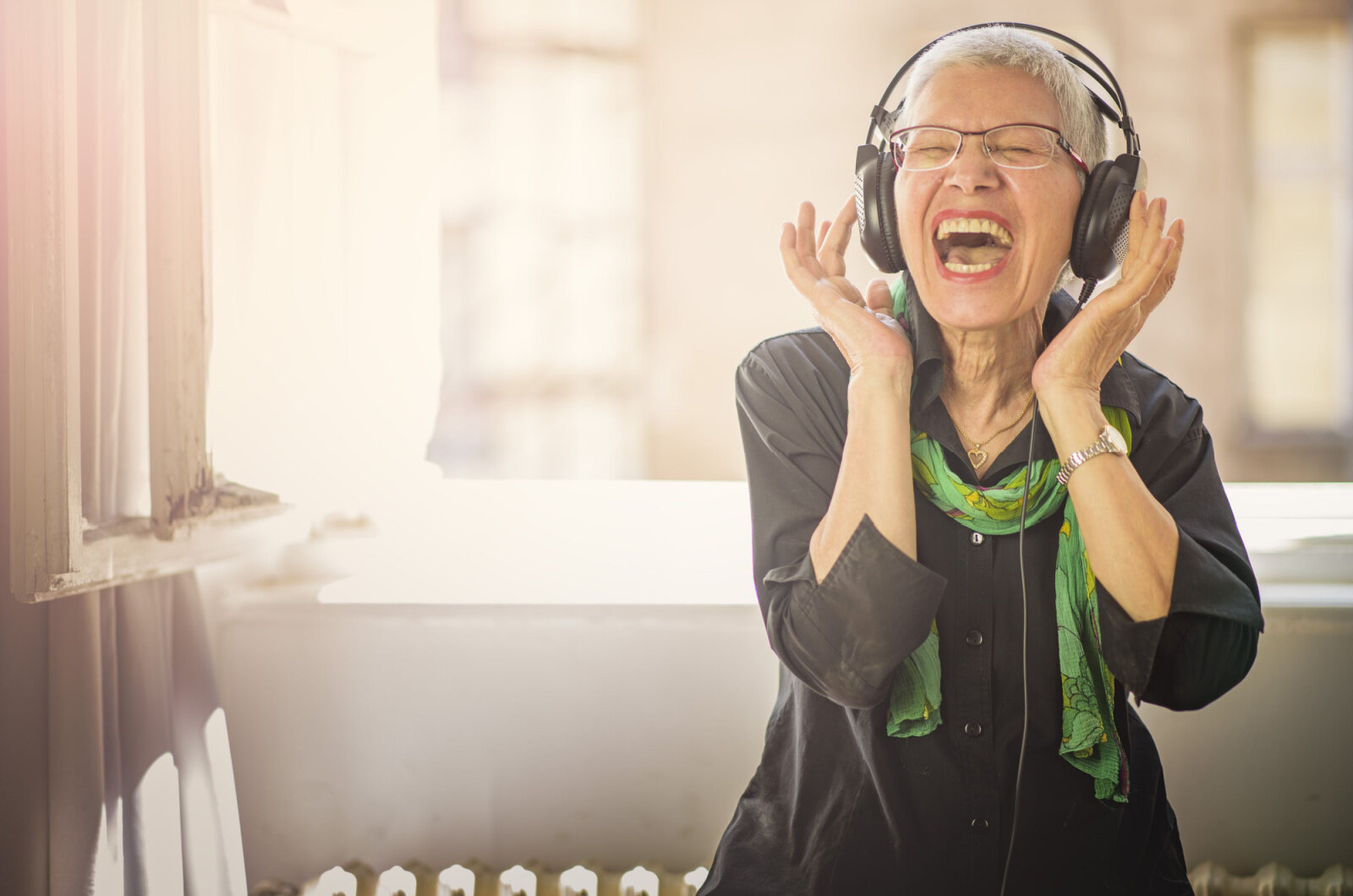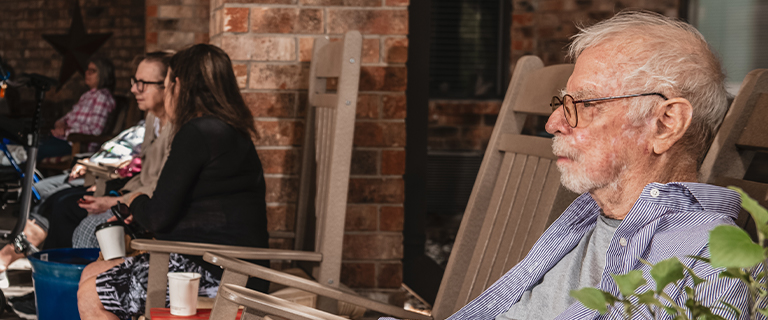Music is an extremely important part of many people’s lives. It’s an excellent way to relax, feel your emotions, or just enjoy the moment. Now there’s a newer way to use music and all the benefits it provides—music therapy.
Music can help lower our heart rate, inspire us to move around and dance, or relate to the lyrics and feel powerful emotions. All of these get more and more important as we age to keep us physically and mentally healthy.
When choosing an assisted living facility, it’s important to make sure that you or your loved ones will be in a place with a caring staff that goes above and beyond to make sure you have everything you need for a comfortable life. At Parsons House Austin, we customize a plan for each resident to take care of every aspect of their health, whether it’s physical, mental, or emotional.
This is where music therapy comes in. Music therapy encourages movement, challenges memory, and encourages socializing with the people around you. So what exactly is it?
What Is Music Therapy?
Music therapy is the term applied to the use of music for therapeutic purposes.
Since music can provide so many benefits, it makes sense that people have begun using it to help seniors in assisted living. Music therapy sessions encourage actively listening to different songs that are all specifically selected or requested. It’s commonly done in groups to encourage the discussion of different songs and their meanings or patterns.
Choosing a slower and calmer song encourages relaxation and helps with breathing patterns. This can lower the heart rate and even reduce stress levels.
Other songs, like upbeat and happier tunes, encourage movement and dancing. Some people find it fun to tap their feet, some clap, while others enjoy dancing to the rhythm. By encouraging movement, people can help build muscle strength, bone density, and coordination.
In other sessions, residents actually play instruments themselves, which provides all sorts of benefits. Playing an instrument can help with memory loss, as it focuses on learning new patterns and muscle memory. It encourages socializing as well, as residents often play together. And the most important part — playing an instrument is a fun challenge!

How Does Music Therapy Benefit Seniors?
Music therapy, when applied to seniors, is an excellent way to encourage positive change and benefits. These benefits are best split into three categories: physical, mental, and emotional.
Physical Benefits of Music Therapy
Music therapy encourages movement. We’ve all felt that urge when we’re listening to our favorite song—we want to move around, tap our feet, or dance. By moving around or dancing to a song, you build muscle strength and coordination.
It’s a common occurrence to start struggling with balance as we age. Dancing and moving help that by challenging timing and coordination.
By listening to softer songs, however, a person can relax and enjoy the moment. Slower songs actively encourage relaxation and can reduce stress levels.
Additionally, playing the instruments themselves helps with motor control by forcing the player to use new muscles and learn new patterns. It can help with hand strength or even lung strength, depending on the instrument.
Mental Benefits of Music Therapy
Our brain naturally loves patterns, and music is absolutely full of them. With different beats, timings, chords, instruments, and lyrics, there are many aspects of music that can challenge our minds.
Some residents simply enjoy listening to lyrics that mean something to them. Music often triggers memories and touches all kinds of different emotions. Music therapy is commonly used when a person feels stressed, and it is especially useful with residents who struggle with dementia. Because of the calming nature of slower music, it helps significantly reduce stress and agitation.
Emotional Benefits of Music Therapy
As we age, it’s common to feel more isolated, secluded, or lonely.
Music therapy is an excellent way to treat these feelings. It encourages socializing with the people around you and asking questions or listening to others discuss their feelings while having the opportunity to share your own. This can help act as a bonding experience between residents.
Playing the instruments themselves can help with these feelings as well, as it encourages actively learning and working with others to improve and have fun. This can help with a person’s mood as well.
Many music therapy groups encourage discussion over lyrics and patterns. Some residents enjoy debating over the certain meaning of a phrase or what a song is saying to them. Many people enjoy discussing how a song makes them feel or sharing a new way they’ve learned to play a song themselves. This sense of community can be extremely beneficial for seniors struggling with loneliness or isolation.
One of the most important ways that music therapy can help seniors, however, has to do with how music affects and triggers memories. Certain songs can make a person think of an earlier time in their life when they first heard it or a significant event where that song played. The lyrics or patterns can trigger emotional responses from a previous listening or make a person feel like someone else relates to them.
Is Music Therapy Worth It?
Music therapy is an excellent idea for people of all ages but can be extremely helpful for seniors. By helping them remember earlier parts of their life when they heard a certain song or hearing a new lyric or pattern, music can help with mental health significantly. By encouraging people to move around and dance, it can help with our physical health. And being able to bond with others over a song or interpretation can give a person a sense of belonging and help them discover new insights of a song they enjoy.
At Parsons House Austin, we want our residents to feel like they’re home. With our customized plans available for each resident, we go above and beyond to do whatever we can to help our residents with all their physical, mental, and emotional needs. Music therapy is just one available option for our residents.
For more information about Parson’s Group Austin, contact us or book a tour today to see for yourself what programs are available for our residents!



